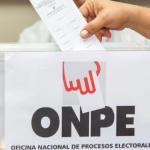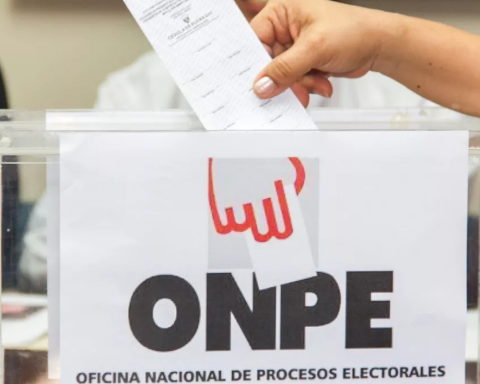John M Ackerman
L
the prejudices of the law (neo)liberalism prevent many from understanding the need for accountability to extend beyond the public sector to include the powers that be that inhabit the private sector, including the corporate media and their most prominent employees.
It is important that there is strict regulation of government actions to prevent it from abusing its power and putting the human rights of citizens at risk. In the same way, clear measures should be taken to prevent large private corporations from imposing their will on the population.
Modern liberal law was forged in the context of the struggles of the new industrial, colonial and bourgeois class against the privileges of the European monarchies during the eighteenth and nineteenth centuries. At that time, the vulnerable new private powers demanded special protections against abuses by the government and the Church.
But today the equation has been reversed. Now it is the financial markets, the transnational companies and the national oligarchies, not the kings or the priests, who dominate the world. Those private sectors that promoted change two centuries ago today are the ones who accumulate privileges and defend the status quo.
So if the law wants to continue being a factor of human liberation and social transformation, it must radically modify its fundamental precepts. Continuing to insist on the plain and outdated application of the founding principles of liberal law two centuries ago implies an unforgivable setback. What used to mean liberation and change, today implies the defense of the most conservative and reactionary interests.
Fortunately, in recent years in Mexico we have moved towards a more expansive vision of modern law that includes non-governmental actors within the realm of accountability. For example, article 6 of our Constitution states that not only government entities, but also political parties, trusts and public funds
as well as any individual, legal entity or union that receives and exercises public resources or performs acts of authority
.
Let us remember that article 54 of the Federal Telecommunications and Broadcasting Law states bluntly that the radio spectrum and orbital resources are assets of the public domain of the nation
. So, as recipients of public concessions, the large television and radio consortiums would have to submit to the same rules of transparency and accountability as political parties, trusts or unions that also receive public resources from the State.
Regarding the National Institute of Transparency, Access to Information and Protection of Personal Data, it should be remembered that, in accordance with the Federal Law of Transparency and Access to Public Information, this public body already has powers of regulation and even of direct sanction on private actors, in terms of personal data protection.
However, in relation to the employees of large media companies, the laws also allow a wide margin for the scrutiny of their work. The thesis of jurisprudence 38/2013 of the Supreme Court indicates that there is a dual protection system
of the right to honor according to which a differentiation is established between the protection of the private life of ordinary citizens, on the one hand, and of those people who for engaging in public activities or for the role they play in a democratic society
have one public screening
relevant, on the other hand.
The Court has stated that this public screening
It includes personalities from the private sector who are widely known and, therefore, have self-defense measures in the public and media space. These personalities maintain their right to honor, of course, but the permissible level of interference will be higher
(https://bit.ly/35dkYqj), similar to what is allowed in the case of public officials.
Let us also remember that article 7 of the Constitution states that The freedom to disseminate opinions, information and ideas, through any means, is inviolable.
including, of course, the means, medium
of the morning conference of the citizen President of the Republic. In addition, article 6 of the Constitution indicates that the right to information will be guaranteed by the State
which implies that the head of the Mexican state is even obliged to inform citizens about matters of public interest that he has in his power.
In short, advanced contemporary Mexican law protects the freedom of expression of Andrés Manuel López Obrador and also allows a rigorous review by society of the actions of public figures, such as Carlos Loret de Mola, and media corporations, such as Televisa or W Radio. , which exploit public concessions.
















